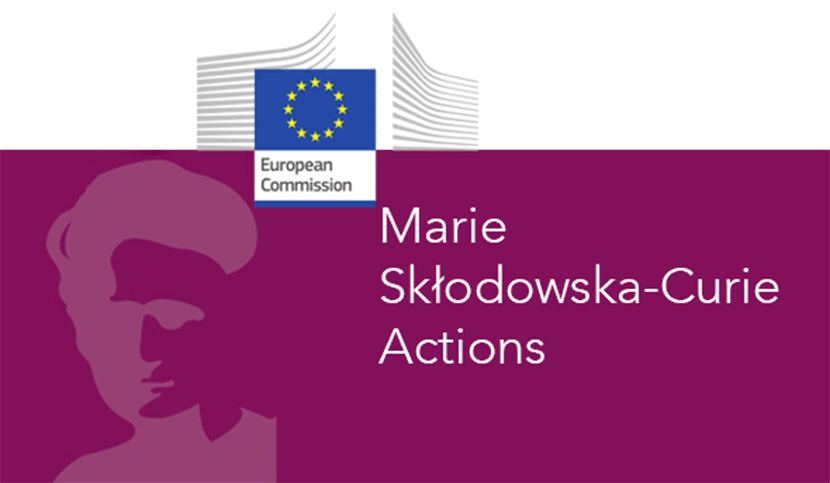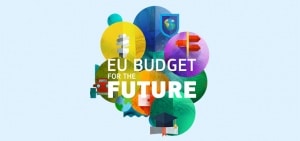This article is intended to assist and support anyone submitting a proposal to the MSCA Staff Exchanges Call with the deadline of 8 March 2023. The following information function as a checklist to remind researchers some key aspects that should not be forgotten to address in their project proposal:
Criterion 1 – Excellence:
- In the opening section, make sure you have introduced your research problem to the evaluators and emphasised on how your project will address it. Also, make sure you have explained why this problem is important and why it needs to be solved now? Consider including your project’s overarching goal – keeping in mind the objectives of the SE call.
-
- Make sure to outline the key specific Research Objectives of the programme, emphasising their novelty and interdisciplinarity. The Research Objectives should be “SMART” (Specific, Measurable, Attainable, Relevant and Time-Bound).
- Make sure secondments are keep within the secondment rules: Secondments within EU Member States or Horizon Europe Associated Countries must be between different sectors (academic and non-academic), except for interdisciplinary secondments, which must be limited to a maximum of one third of the total months spent under the action.
- Make sure you have described how the gender dimension and other diversity aspects are taken into account in the project’s research and innovation content:
- Will the results of the project affect males and females in the same way?
- Does the methodology ensure that (possible) gender differences will be investigated: that sex/gender-differentiated data will be collected and analysed throughout the research cycle?
- Are questionnaires, surveys, focus groups, etc., designed to unravel potentially relevant sex and/or gender, or other diversity differences in your data?
- If your project has AI usage, do not forget to address their technical robustness.
- Make sure to provide a concrete information on how you plan to comply with the mandatory, and when relevant, recommended open science practices at consortium and beneficiary levels:
- Have you described how the project will ensure that the relevant OS practices will be implemented as an integral part of the proposed methodology?
-
- State what each participating organisation will contribute towards achieving the research and knowledge transfer objectives – using a table for brevity and clarity, is recommended.
- Describe the networking activities that will be organised to share knowledge e.g., workshops, meetings, trainings, online networking and knowledge sharing?
- Highlight interdisciplinary and intersectoral aspects to the networking and training activities – using a diagram to show the flow of people around the consortium is recommended
Criterion 2 – Impact:
-
- Make sure you have explained how the secondments, networking activities and the knowledge-transfer achieved via those mechanisms will help to develop a lasting collaboration between the participants.
- Make sure to outline your plans for building the collaboration and continuing it after the project has ended (e.g., potential new collaborative projects under MSCA, COST, Erasmus+, the European Institute of Innovation and Technology (EIT), etc …)
- Make sure you have addressed how the secondments will contribute to the knowledge sharing objectives:
- What knowledge will be gained?
- Who is the knowledge provider and recipient?
-
-
- How will transfer of knowledge be achieved?
- Make sure to show the importance of the research in addressing a challenge/priority at a European and Global level:
- European Green Deal,
- EU missions under Horizon Europe,
- UN Sustainable Development Goals.
- Show the impact of the triple-I dimension in your proposal –international, interdisciplinary and intersectoral collaboration– on strengthening the research and innovation potential within Europe.
- Try to make the link between your programme’s elements/objectives and EU policies about research careers/employability.
- Make sure you have shown that the whole programme -and not only its research components- is in line with EU needs, priorities and long-term goals.
- Make sure you have included a plan for the dissemination and exploitation activities, including communication activities – using a table for brevity and clarity is recommended.
- Try to consider and address the specifics of the MSCA for Staff Exchanges and relevant characteristics that may have an effect on IPR:
-
- Intersectoral exchange (academic to non-academic sector and industry) requires different IP policies/interest, difference in publication and exploitation;
- International dimension EU-MS/AC vs. third countries – different IP laws and regulations;
- Secondments focusing on the explanation of complementary competences of the participants (host organisation and secondment host organisation).
- Make sure to address all aspects of the key impact pathways:
- Scientific impact: i) creating high-quality new knowledge, ii) strengthening human capital in research & innovation, iii) fostering diffusion of knowledge and open source
- Societal impact: i) addressing EU policy priorities and global challenges through research & innovation, ii) delivering benefits and impact through research & innovation mission, iii) strengthening the update of research & innovation in society.
- Technological/Economic impact: i) generating innovation-based growth, ii) creating more and better jobs, iii) leveraging investment in research & innovation
Criterion 3 – Quality and Efficiency of the Implementation:
- Make sure you have shown that the level of effort for each WP is in line with the amount of work involved and the overall needs of the project:
- Ensure that the distribution of the secondments is balanced throughout the years of project implementation and justified and linked to the scientific activities.
- Secondments needs to be aligned with participants’ capacity e.g., partners with small capacity should not have a high proportion of the total secondments
-
- Consider an adequate number of significant deliverables and milestones not only for the scientific aspects but also for the management, training and dissemination activities.
- Consider the environmental aspects in light of the MSCA Green Charter:
- reduce, reuse and recycle, promote green purchasing for project-related materials,
- ensure the sustainability of project events,
- use low-emission forms of transport,
- promote teleconferencing whenever possible,
- use sustainable and renewable forms of energy,
- develop awareness on environmental sustainability, etc
-
- Make sure to include a list incorporating research risks and project management risks:
- Have you described practical mitigation and contingency plans for all risks?
- Describe how the consortium has the necessary infrastructure (research and administrative) to implement all aspects of the programme (research, training, admin, communications, exploitation etc.).
- Make sure you have described how the participants provide an excellent environment for hosting and supporting the “Staff” who visit them (accommodation, immigration and other practical matters).
- Explain how the consortium is exceptionally well qualified to implement this programme by referring to:
- Make sure to include a list incorporating research risks and project management risks:
- Complementarities/synergies in expertise between all participants and how this complementarity allows them to successfully deliver the programme – using a diagram or table is recommended.
- Make sure to outline the commitment of each participant by showing that they are all highly active in the project.
Important note: For re-submissions, don’t just use the Evaluation Summary Report (ESR) from the previous submission. Review the proposal as a whole to find room for improvement. Your new proposal is not being evaluated in comparison with the old one.
Contact us if you would like to know how we can maximize your chances of success (www efmc.eu; jeryilmaz@efmc.eu)
Source: Jitka Eryilmaz, Ph.D., Director of Horizon Europe MSCA Programme & Senior Expert Evaluator




